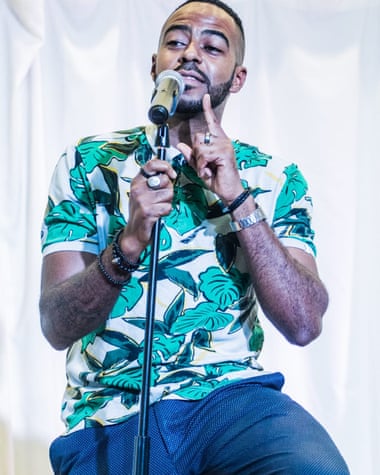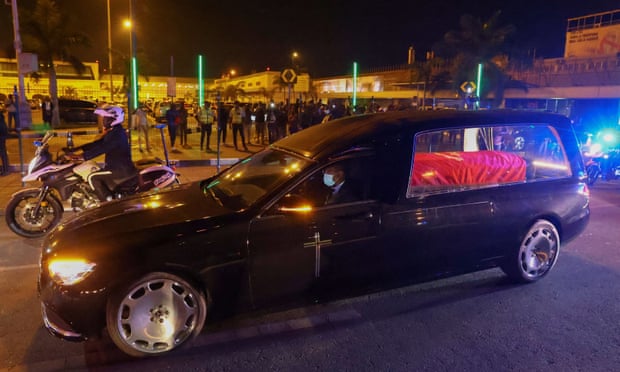Angola’s young voters prepare to call for change in ‘existential’ election |
Millions of Angolans will vote this week in a landmark election described as an “existential moment” for the key oil-rich central African state, and a test for democracy across a swath of the continent.
The poll on Wednesday pits veteran politicians against a generation of young voters just beginning to grasp that they can bring about a radical change and escape from the shadow of the cold war.
Observers say discontent with the rule of the People’s Movement for the Liberation of Angola (MPLA), in power since Angola declared independence from Portugal in 1975, has reached a point where the party will only now secure another five years in power through rigging and repression.
“It is an existential election, and it is going to be very tight race. If there were free and fair elections, there is no doubt the opposition would win but the government is not going to allow that,” said Paula Cristina Roque, an independent analyst and author.
Other parties and leaders that have remained in power for decades since winning liberation struggles on the continent are likely to see the growing difficulties of their counterparts in Angola as a warning.

As elsewhere in Africa, a key factor in Angola is the youth of the population. More than 60% are under 24. Tiago Costa, one of the most successful of a new wave of comedians and other creative artists in Angola, said that the millions of young people voting for the first time had values and views that are dramatically different from those of their politicians.
“We are just living the same thing over and over again. Young people in Angola are asking: ‘What is going on here?’ These kids are lost in these speeches and stories that they just don’t understand or deserve,” said Costa, 37.
“Young people here need to learn from the mistakes of their elders [and] step up to make Angola a country for Angolans, not for parties that are always dividing us and never doing their jobs.”
President João Lourenço, a veteran MPLA official and former defence minister, won power in 2017 as the handpicked successor to José Eduardo dos Santos, whose authoritarian rule lasted 38 years. The body of the former president, who died in Spain in July, arrived in Luanda on Saturday, casting a new element into the tense election campaign.

Though Lourenço, 68, has tried to boost economic growth and pay off vast debts, he has failed to improve the lives of most of the 35 million population. Critics say a high-profile anti-corruption drive only targeted potentially powerful enemies – such as Isabel dos Santos, the hugely wealthy daughter of the former president – while Amnesty International has described “an unprecedented crackdown on human rights, including unlawful killings and arbitrary arrests, in the lead up to the 24 August election”.
Analysts said that, when presented with a choice between saving the MPLA or saving the nation, Lourenço put the party first….
Read More: Angola’s young voters prepare to call for change in ‘existential’ election |
